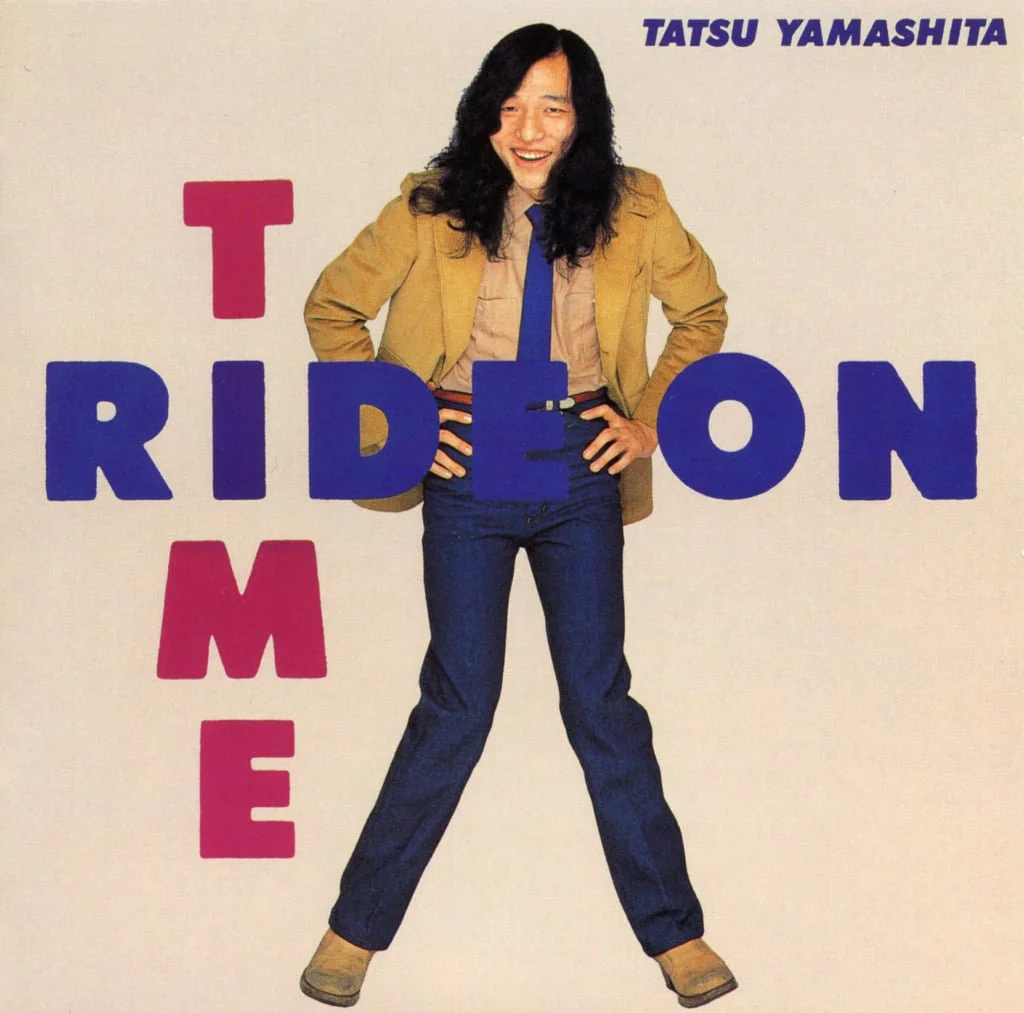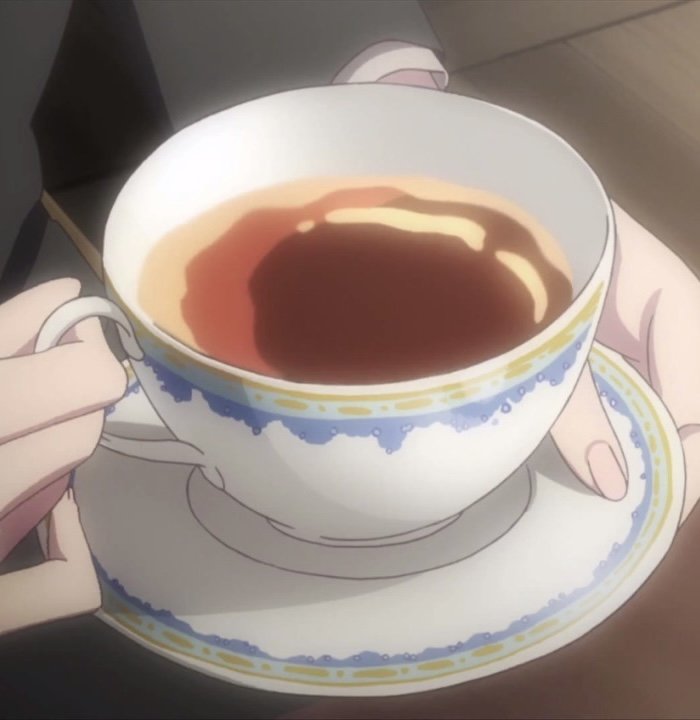Tales from Moonwave Records
What is Moonwave Records & Why I Had to Write Now
For years I poured my heart into sharing City Pop. At first it was about the music—it was vinyl crates, DJ nights, cassette tapes pressed into midnight sets. I wanted people to hear the shimmer of synth bass and sob of alto sax, the echo of neon bouncing off rain‑slick streets. I wandered into all of it with wide eyes, and somewhere along the way I lost track of everything else.
There were nights when my identity felt bound up in songs I didn’t write. Even as I watched City Pop circle back around, I felt myself fading into a whisper. There came a point where the message mattered more than the beat. I needed to step away from simply promoting the past and write something that could stand on its own. A story that carried the same kind of longing, but also held the space for silence and absence.
That impulse brought me to Tales from Moonwave Records: Love Trip. It was never just about nostalgia. It was about how feelings linger after a song ends. About the ache inside memory that refuses easy answers. I wanted to give voice to someone like Mizuki, a character who is haunted by her own past but still finds a way to disappear with grace.
Writing now felt urgent. I needed to capture a Japan on the verge—1989, just months before everything cracked and glitter became weight. The world was singing in major keys and I wanted to explore what happens when that song slips into minor. Fiction gave me room to weave grief and beauty and hope into the same breath.
I began writing in my living room upstairs from that flower shop. The hiss of tape, the patter of rain, the neon blur outside my window—they all slid into the pages. Mizuki’s voice grew stronger through each line. She taught me that memory isn’t just a corridor to walk down. Memory is where hearts keep beating even after the music stops. That’s what I wanted this book to be—a record of silence that still sounds.
And writing in 2025, I realize this kind of story was inevitable. I needed it in the midst of a world that moves too fast, where emotions are truncated into a tweet or a looped line. I wanted to remind readers that there are rooms in our hearts where grief plays softly, where love flickers like a tape deck left on pause. That in between those soft reverb chords is the space where we learn to feel again.
Now, after closing this draft, I sense I’ve begun something greater. Love Trip exists not only as a novel. It’s the first track of Moonwave Records—a made‑up universe where loss births beauty, and lost voices whisper on vinyl and paper and rain‑glazed streets.
So this is why I’m writing now: to sing that minor chord so someone else can remember what feeling sounds like. To give my music back to the people who once needed it most. To offer a place where love trips lightly through unfinished stories.
I hope Love Trip lives in a reader’s heart the way a late‑night melody lingers in your ear. And I hope you carry its quiet resonance into your own moments of dusk and forever recall the words someone whispered: the moon looks beautiful tonight.
— Van Paugam
In 1989, a flower shop owner is visited by a stranger from her forgotten past.
What begins as a quiet return to music becomes a haunting journey through memories, regrets, and the unreleased echoes of a generation about to vanish.
Inspired by the album “Love Trip” by Takako Mamiya.
Told in poetic vignettes, subtle Meiji-era prose, and cassette static.












![What Happened to Takako Mamiya? [Mystery Solved]](https://images.squarespace-cdn.com/content/v1/5bd7707c11f7847c45b4b9dd/1653519755040-G0JWBWAOC4JXG99950LA/takako_mamiya.png)















